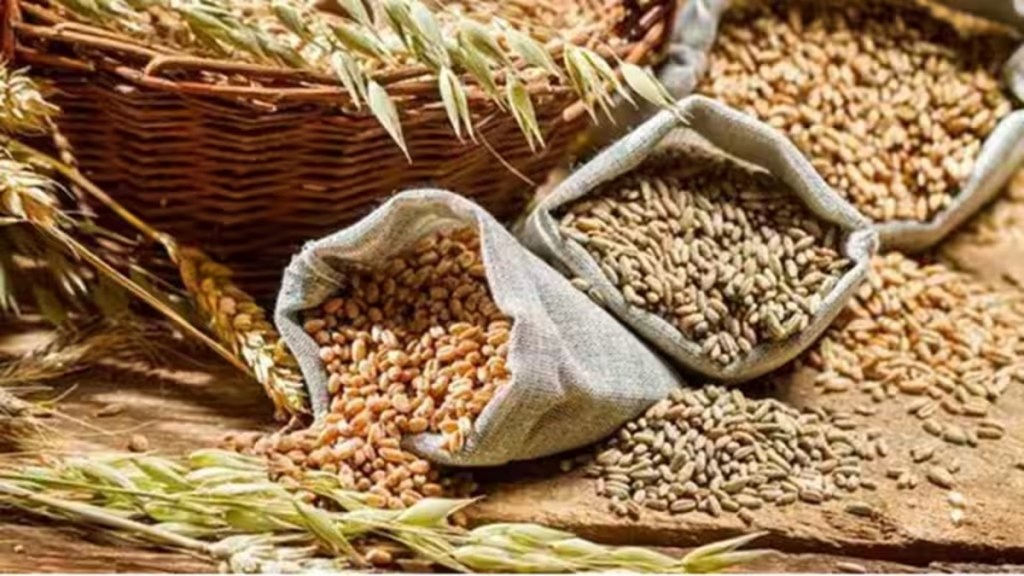The Centre’s food subsidy bill will likely exceed the Budget Estimate (BE) by Rs 18,000 crore to Rs 2.14 trillion for the current financial year, largely due to sharp increases in the minimum support prices (MSP) for key crops, sources told FE.
However, the hike in food subsidy will unlikely affect the Centre’s aim of containing the fiscal deficit at 5.9% of GDP despite the expected shortfall in disinvestment receipts thanks to healthy tax and non-tax revenues, the sources said.
“MSP hike is quite large and that will reflect in procurement cost,” an official said. The enhanced food subsidy will be reflected in the revised estimate that will be presented in the Budget on February 1.
For all key rabi and kharif crops, the MSP increases this year have been the highest since 2018-19 when a new policy of 50% profits over computed cost of production was adopted for the price setting.
The MSP of wheat, the key rabi crop, has been raised by 7.05% to Rs 2,275/quintal for the 2024-25 marketing season (April-June), the sharpest increase since 2014-15. The MSP for paddy, the key kharif crop, was fixed at Rs 2,183/quintal, up 7% on the year.
Elevated MSPs, backed by robust procurement, could potentially boost rural income and purchasing power.
The government’s announcement to extend the free grains under NFSA for five more years, however, would not cost any significant additional amount in the current financial year. The government had factored in the impact of free food grains for the first nine months in the budget. The impact of the balance three months (Q4FY24) would be absorbed from savings under the scheme in the first nine months as many states have not fully lifted their quota of grains, sources said.
The supply of free grains in addition to PDS grains was initially launched for the April-June period of FY21 after Covid broke out; it was later extended till December FY23. While discontinuing the extra free grains scheme, which almost tripled the annual food subsidy bill between FY21 and FY23, the Centre waived the nominal Rs 2/3 per kg charged for wheat/rice under PDS for 2023. Prime Minister Narendra Modi recently announced the extension of free grains under PDS for another five years to insulate the poor from inflation.
The total subsidy outgo in H1FY24 stood at Rs 2.06 trillion, the highest half-yearly amount seen in the last four financial years and 3.5% higher compared to the corresponding period last year. While food subsidy release was lower by 18% in H1Y24, outgo towards fertiliser and petroleum subsidies increased by 34.8% and 18.5%, respectively which kept the subsidy bill elevated.
Food Subsidy (Rs/trillion)
| FY20 | 1.08 |
| FY21 | 5.41* |
| FY22 | 2.89 |
| FY23 | 2.73 |
| FY24^ | 2.14 (likely) |
*Spike due to clearing of past dues
^Moderation due to ending of Covid-induced additional free grains scheme; BE was Rs 1.93 trillion

